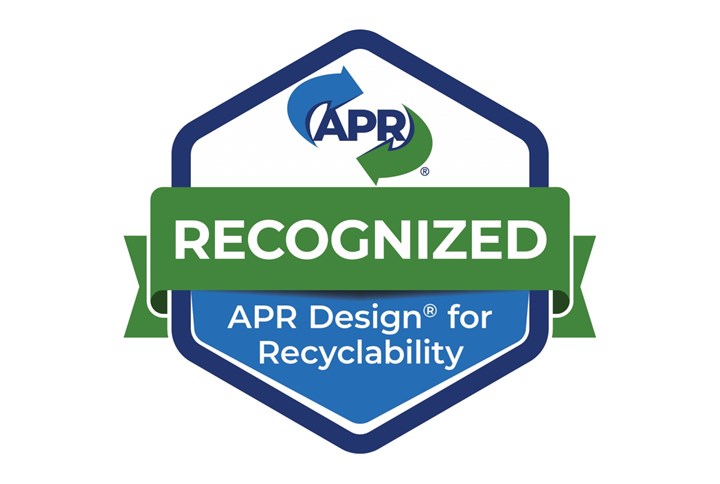De Association of Plastics Recyclers (APR) has made a significant stride in the realm of sustainable packaging by expanding its plastics recyclability recognition program.
This expansion, a noteworthy move in the industry, includes the addition of six new polypropylene (PP) packaging components into the Preferred Design Recognition Program. This initiative, previously known as Meets Preferred Guidance, marks a pivotal moment in the pursuit of more environmentally friendly packaging solutions.
The inclusion of these polypropylene components into the APR Design® Guide for Plastics Recycling reflects a substantial advancement in the guidelines impacting PP packaging. These updates, effective immediately, are a testament to APR’s commitment to fostering a more sustainable recycling system in North America. The newly added components, which include polypropylene base resins and direct print for PP packaging, are now recognized as compatible with the North American recycling system. They have achieved a ‘preferred’ status according to the APR Design Guide, underscoring their importance in the recyclability process.
This development is not just a technical update; it represents a significant step forward in environmental stewardship. By expanding the range of recyclable materials, APR is facilitating the creation of more sustainable packaging solutions. These efforts are crucial in reducing the ecological footprint of plastic packaging and promoting a circular economy in the plastics industry.
The new guidelines serve as a beacon for manufacturers and recyclers alike, guiding them towards more responsible and sustainable practices. As the world grapples with the challenges of plastic waste and environmental degradation, such initiatives are more important than ever. They not only provide a framework for better recycling processes but also encourage innovation in the design of plastic products.
In conclusion, the APR’s expansion of its recyclability recognition program is a commendable step towards a greener future. It highlights the importance of continuous improvement in recycling practices and sets a new standard for the industry. As we move forward, it is initiatives like these that will pave the way for a more sustainable world, one where plastic packaging is not a burden on our planet but a component of a closed-loop, environmentally conscious system.



